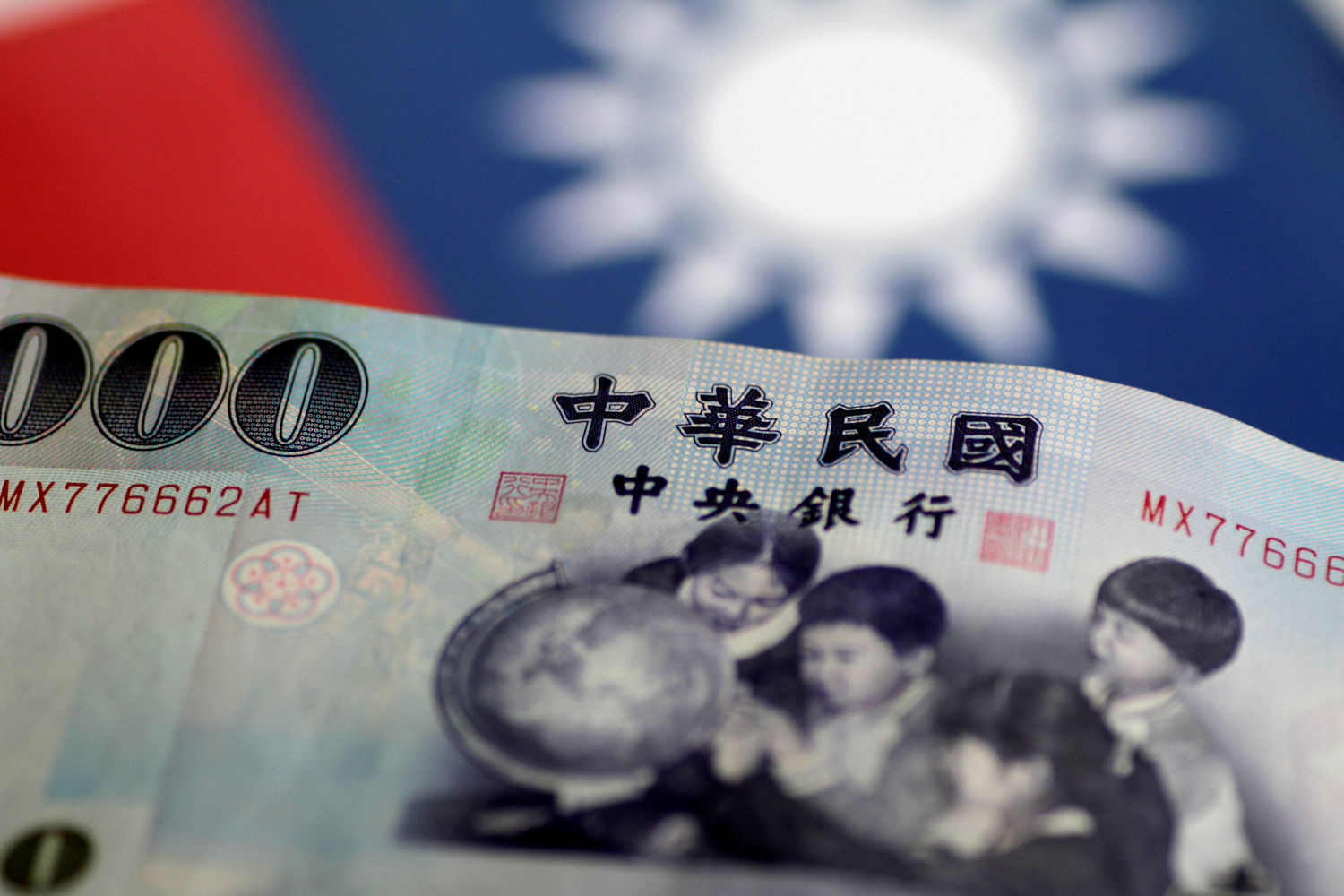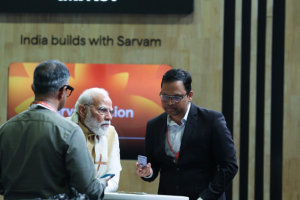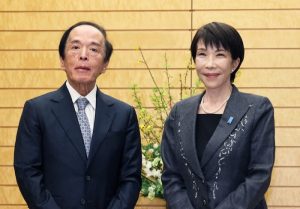Taiwanese officials recorded another robust year for capital invested at home, including a chunk from overseas, but analysts say the trend is tapering off as traditional offshore investment patches become more attractive.
A total of 790 Taiwanese investors had applied to spend about NT$1.18 trillion ($42.1 billion) on projects at home as of the end of December, up from NT$840 billion as of the end of 2019. Taiwan’s government began releasing the figures in July 2018 to reflect the progress of three programmes aimed at encouraging local investment.
The pure 2020 investment figures shows that Taiwanese companies still prize the home front over mainland China, say economists, but the smaller investment amount for 2020 versus the July 2018 to December 2019 period indicates that locally-based companies are being tempted by new attractions offshore.
Read more: Yuan rising in an updraft, further appreciation likely
Taiwan’s control of Covid-19 without mass shutdowns, a preference for Taiwan’s diversified tech supply chain and staying out of the Sino-US trade dispute helped push investors back onshore last year, the analysts say.
But they added the easing of that dispute along with the lure of cheaper markets such as Vietnam, an emerging factory powerhouse with a lid on Covid-19, have steered some potential capital away from Taiwan.
Most of the returned capital has come from the information and technology sector, said Alvis Lin, tax services partner with the professional services firm PwC Taiwan. They’re looking at Taiwan for its mature tech supply chain that now includes automation gear, he said.
Taiwan emerged as a world tech manufacturing hub in the 1980s, putting designers, parts suppliers and assemblers close together. “Taiwanese investors want to move bit by bit toward automation to develop, and the supply chain for that is quite complete in Taiwan,” Lin said.
POST-PANDEMIC DEMAND
Lingering Sino-US tech tensions and post-pandemic demand for a “diversified supply chain” may keep motivating Taiwanese firms to invest locally over the coming years, said Ma Tieying, economist with DBS Bank in Singapore.
China alarmed offshore investors in February and March 2020 when the world’s first Covid-19 outbreak prompted the closure of Chinese factories as workers stayed home, said Rajiv Biswas, senior regional economist with market research firm IHS Markit. Some investors consider China more volatile now because of the early 2020 closures, Lin said.
As in 2018 and 2019, China-based exporters continued last year looking for “alternative suppliers” to avoid tariffs that US ex-president Donald Trump’s government placed on goods coming over from China, said Gareth Leather, senior emerging Asia economist with Capital Economics in London. The tariffs target $550 billion worth of goods.
PROFITS THREAT
Tech hardware firms face US import tariffs of 15% to 20%, threatening profits, said Pan Chien-kuang, a senior industry analyst with the Market Intelligence & Consulting Institute in Taipei.
Exports of communications networking equipment from Taiwan have increased by 150% since the first half of 2018. “With US-China relations likely to remain strained over the years ahead, this trend is likely to continue,” Leather said.
Taiwanese bicycle builder Giant Manufacturing was among the first to bring production back to Taiwan as the tariffs took effect. Giant moved bicycle and e-bike production from the Shanghai area back to its central Taiwan plant in the final quarter of 2018 when the trade dispute began and invested an unspecified amount in local personnel and equipment, Giant’s senior global marketing executive Irene Chen said.
China and the United States dialled back the trade dispute in August with a commitment to work towards a phase-one deal. The easing dispute may have “reduced the urgency” for mainland China-based Taiwanese companies to invest in Taiwan, Ma said.
RESET RELATIONS
It’s not clear whether US President Joe Biden will undo tariffs that Trump’s government created, but analysts expect no new punitive measures early in his term as the two superpowers show signs of trying to reset relations that are also dogged by geopolitical issues.
Mainland China remains cheaper overall for factory investors compared to Taiwan, Lin said. It represents at the same time a significantly larger consumer market than Taiwan, meaning investors can take what they make there and sell it without the overseas shipping costs.
A spokesperson for Taiwan-based Acer, the world’s fifth largest PC vendor by market share, said in late January it was “committed to the China market” and cited “business as usual” there.
Less expensive than both Taiwan and mainland China, Vietnam stands to keep drawing Taiwanese investors after luring some 3,000 over the past 15 years. The most obvious one, contract assembler Foxconn Technology, plans to build a $270 million tablet and PC plant in northern Vietnam, the country’s government said in January.
BORDER CONTROLS
Vietnamese factories are producing ever higher-value exports, a source of economic growth around 6% every year from 2012 through 2019. Like Taiwan, Vietnam has kept Covid-19 at bay through border controls and strict quarantine rules.
Lee Wang-chung, general-director of Taiwanese-owned auto parts maker Elma Vietnam Industrial Co, stayed put in an industrial zone near Ho Chi Minh City throughout 2020 as orders picked up in October. Elma saves costs by being outside Taiwan, and Lee said it gained an edge over Taiwanese competitors by locating 20 years ago in Vietnam rather than in China.
“We have to invest more machinery for 2021 projects, so we expect our business will be better than 2019,” Lee said. In Vietnam, he said, “we also can see the business trend increase for the next three years, so we don’t have any plan to move our capital back to Taiwan.”
























